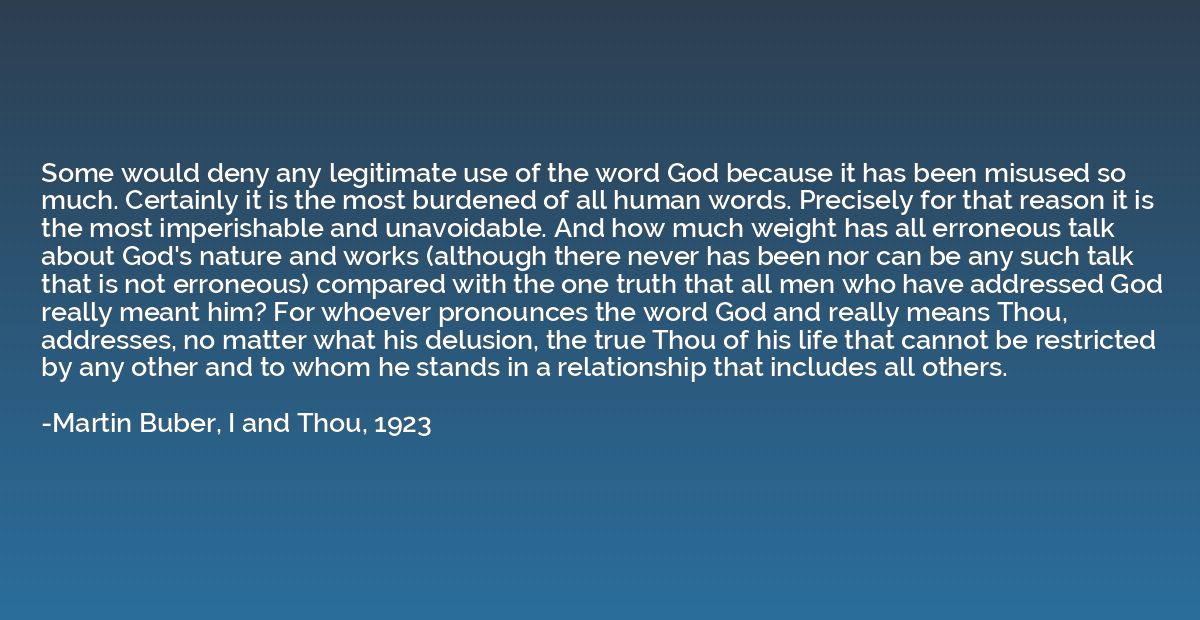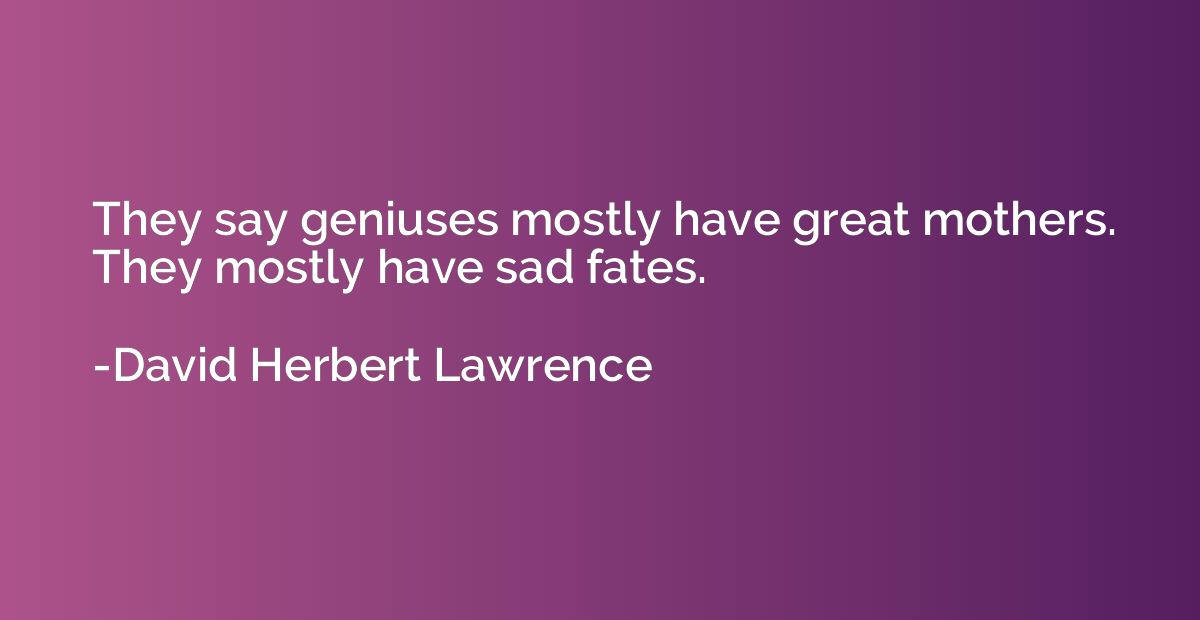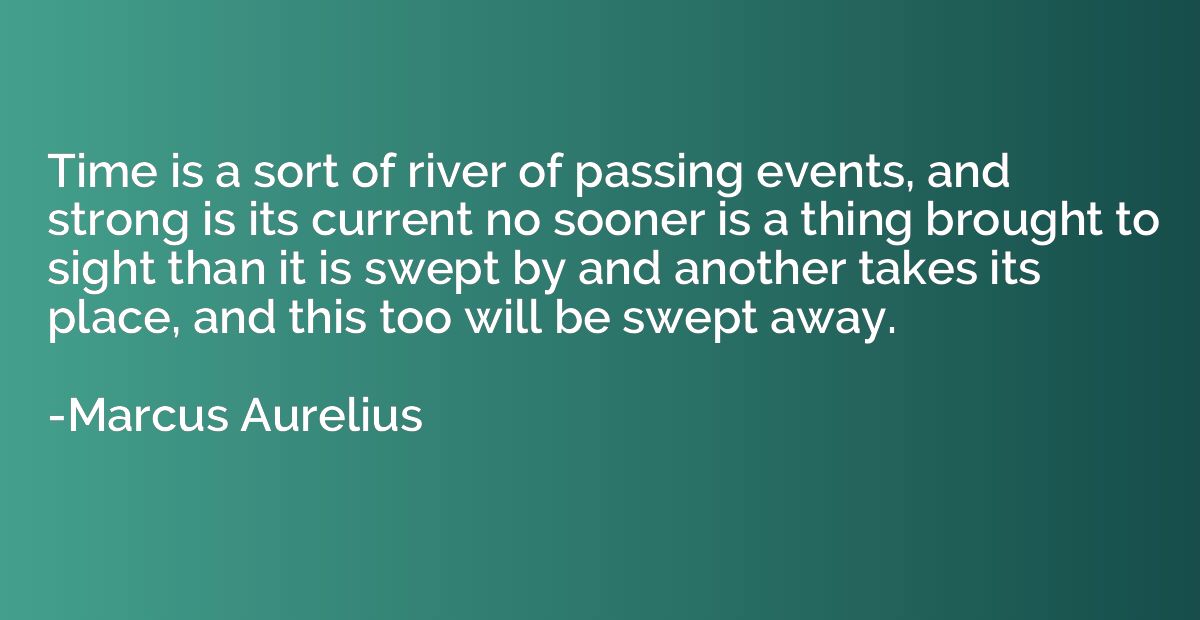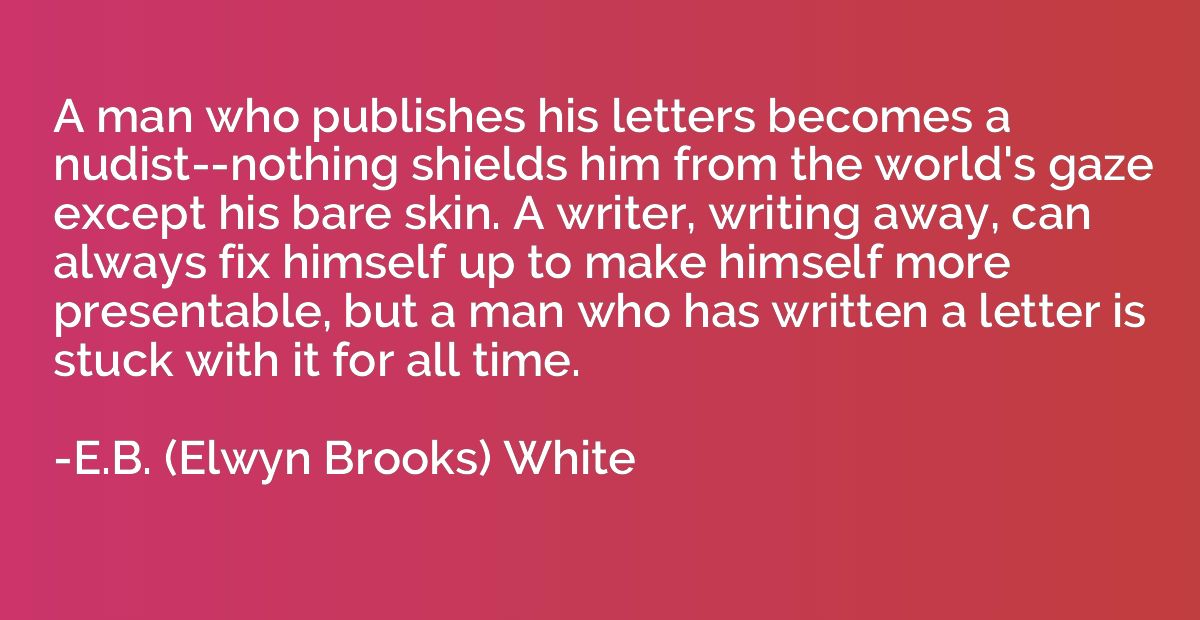Quote by Anthony Burgess, November, 1986
Readers of the twenty-first chapter must decide for themselves whether it enhances the book they presumably know or is really a discardable limb. I meant the book to end in this way, but my aesthetic judgement may have been faulty. Writers are rarely their own best critics, nor are critics. 'Quod scripsi scripsi' said Pontius Pilate when he made Jesus Christ the King of the Jews. 'What I have written I have Written.' We can destroy what we have written but we cannot unwrite it. I leave what I wrote with what Dr. Johnson called frigid indifference to the judgement of that .00000001 of the American population which cares about such things. Eat this sweetish segment or spit it out. You are free.
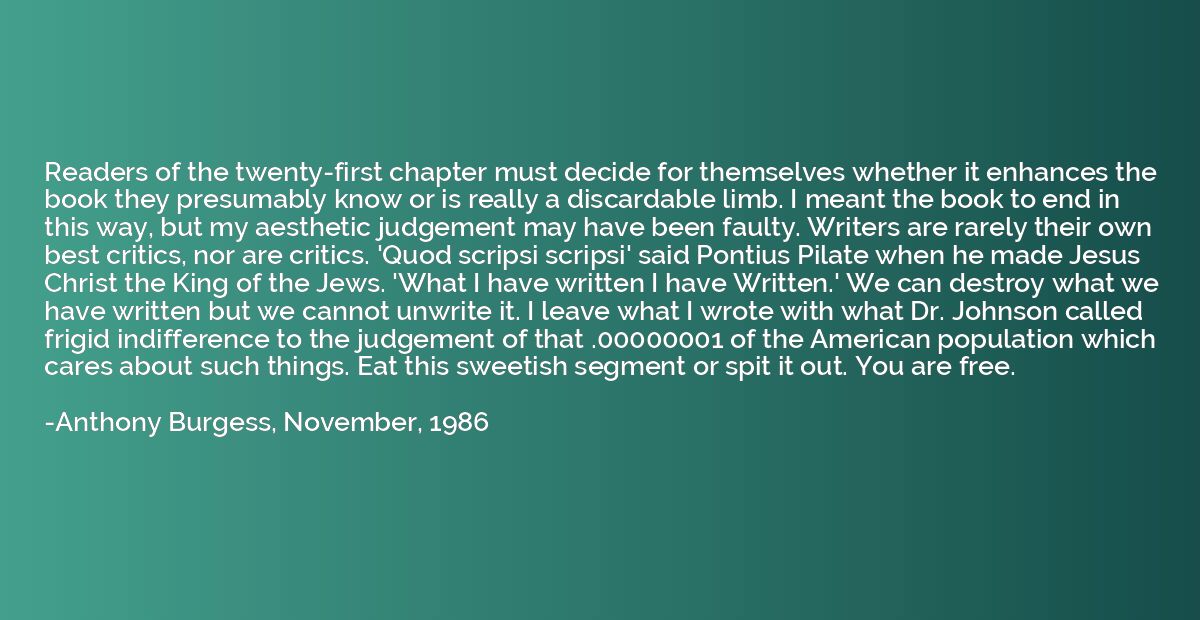
Summary
In this explanation, the author acknowledges that the final chapter of the book leaves room for interpretation and invites readers to decide for themselves whether it adds value or can be disregarded. The author admits that their personal aesthetic judgement may have been flawed and emphasizes that writers are not always the best judges of their own work. They compare their writing to Pontius Pilate's statement about Jesus Christ, implying that once something is written, it cannot be undone. The author then concludes by leaving the judgement of their work to a small fraction of the population who cares about such things, giving readers the freedom to either embrace or reject the final chapter.




